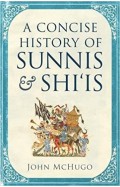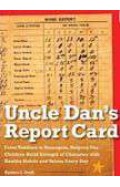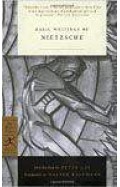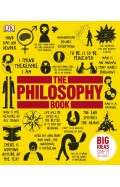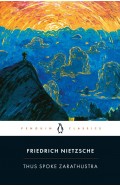- Home
- Books
- Categories
- Non Fiction
- Politics & Current Affairs
- Everything Under the Heavens: How the Past Helps Shape China's Push for Global Power
Everything Under the Heavens: How the Past Helps Shape China's Push for Global Power
By: Howard French
-
Rs 1,036.75
- Rs 1,595.00
- 35%
You save Rs 558.25.
Due to constant currency fluctuation, prices are subject to change with or without notice.
From the former New York Times Asia correspondent and author of China's Second Continent, an incisive investigation of China's ideological development as it becomes an ever more aggressive player in regional and global diplomacy.
For many years after its reform and opening in 1978, China maintained an attitude of false modesty about its ambitions. That role, reports Howard French, has been set aside. China has asserted its place among the global heavyweights, revealing its plans for pan-Asian dominance by building its navy, increasing territorial claims to areas like the South China Sea, and diplomatically bullying smaller players. Underlying this attitude is a strain of thinking that casts China's present-day actions in decidedly historical terms, as the path to restoring the dynastic glory of the past. If we understand how that historical identity relates to current actions, in ways ideological, philosophical, and even legal, we can learn to forecast just what kind of global power China stands to become--and to interact wisely with a future peer.
Steeped in deeply researched history as well as on-the-ground reporting, this is French at his revelatory best.
| Book | |
| What's in the Box? | 1 x Everything Under the Heavens: How the Past Helps Shape China's Push for Global Power |
From the former New York Times Asia correspondent and author of China's Second Continent, an incisive investigation of China's ideological development as it becomes an ever more aggressive player in regional and global diplomacy.
For many years after its reform and opening in 1978, China maintained an attitude of false modesty about its ambitions. That role, reports Howard French, has been set aside. China has asserted its place among the global heavyweights, revealing its plans for pan-Asian dominance by building its navy, increasing territorial claims to areas like the South China Sea, and diplomatically bullying smaller players. Underlying this attitude is a strain of thinking that casts China's present-day actions in decidedly historical terms, as the path to restoring the dynastic glory of the past. If we understand how that historical identity relates to current actions, in ways ideological, philosophical, and even legal, we can learn to forecast just what kind of global power China stands to become--and to interact wisely with a future peer.
Steeped in deeply researched history as well as on-the-ground reporting, this is French at his revelatory best.
Everything Under the Heavens: How the Past Helps Shape China's Push for Global Power
By: Howard French
Rs 1,036.75 Rs 1,595.00 Ex Tax :Rs 1,036.75
Zubin Mehta: A Musical Journey (An Authorized Biography)
By: VOID - Bakhtiar K. Dadabhoy
Rs 472.50 Rs 1,050.00 Ex Tax :Rs 472.50
The Quest For Meaning: Developing A Philosophy Of Pluralism
By: Tariq Ramadan
Rs 1,255.50 Rs 1,395.00 Ex Tax :Rs 1,255.50
The Basic Writings of Nietzsche
By: Peter Gay/Sigmund Freud
Rs 3,775.50 Rs 4,195.00 Ex Tax :Rs 3,775.50
No recently viewed books available at the moment.
Zubin Mehta: A Musical Journey (An Authorized Biography)
By: VOID - Bakhtiar K. Dadabhoy
Rs 472.50 Rs 1,050.00 Ex Tax :Rs 472.50
Everything Under the Heavens: How the Past Helps Shape China's Push for Global Power
By: Howard French
Rs 1,036.75 Rs 1,595.00 Ex Tax :Rs 1,036.75












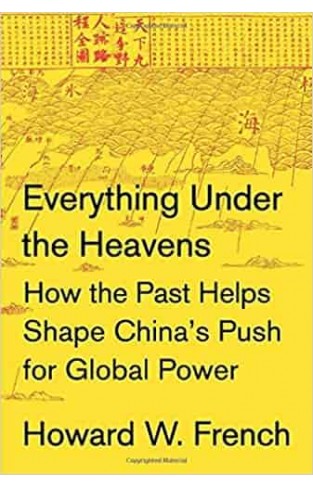
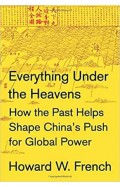
-120x187.jpg?q6)





